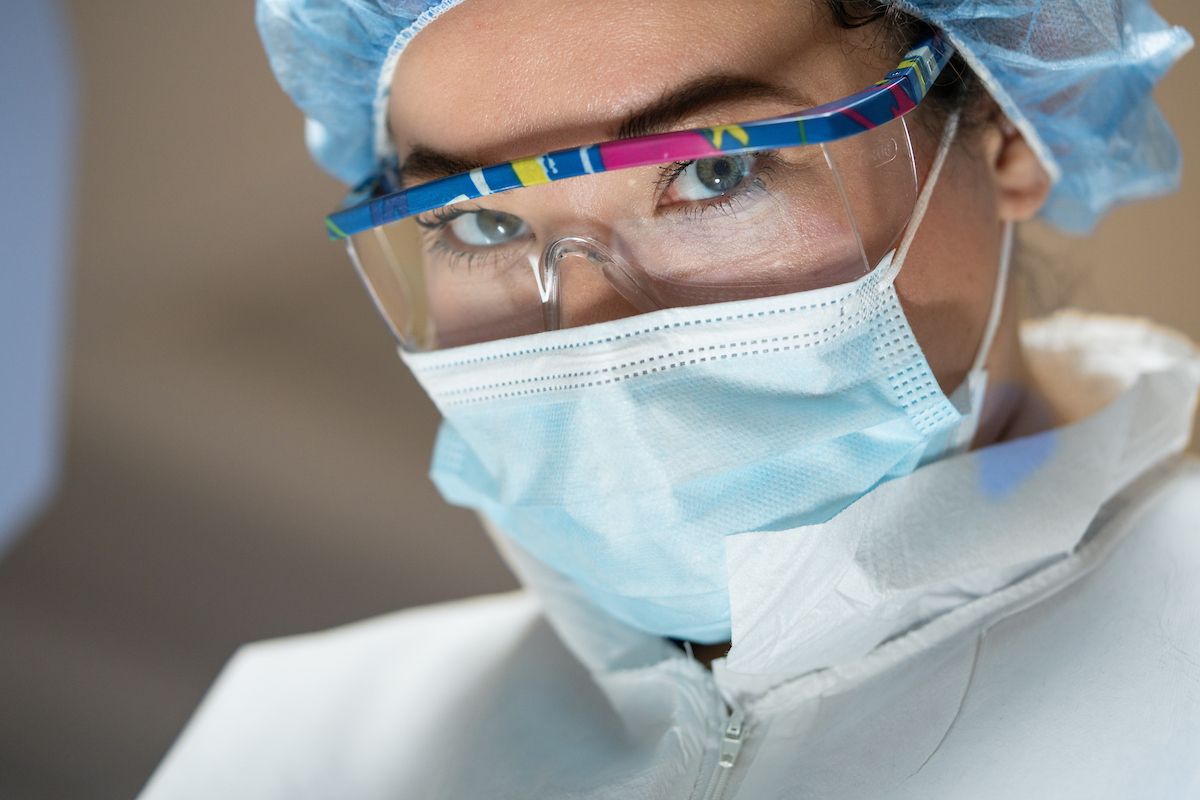Every day, Roswell Park pushes to eliminate cancer’s grip on humanity. Thanks to generous funds brought in by donors, we’ve seen the genesis of groundbreaking and lifesaving advances right here in Buffalo.
Currently, donor funding is fueling two key initiatives, enabling multiple studies for hard-to-treat cancers and improving treatment options across the board.
Igniting cancer breakthroughs
Thanks to the generosity of donors, Roswell Park is Igniting Cancer Breakthroughs. This innovative campaign aims to catapult cancer research into a new era of innovation and position Roswell Park as a leader in cell therapy, an emerging and rapidly expanding form of immunotherapy.
Phase one of the campaign saw the opening of Roswell Park’s new GMP Engineering & Cell Manufacturing (GEM) Facility in January 2025, bringing 14 new cell manufacturing spaces — also called clean rooms — to expand the six already on campus. This robust new space allows for the in-house production of cells to drive innovation in cell therapy. The GEM Facility is the first of its kind in New York State and will bring treatments and innovations to more patients in New York (and across the country) faster.
Moving into the second phase of Igniting Cancer Breakthroughs, Roswell Park will train cell production specialists to enable the launch of four research studies. These studies will investigate the use of CAR T-Cell therapy on small cell lung cancer, prostate cancer, pancreatic cancer, ovarian cancer and adult and pediatric sarcoma. This therapy has already proven successful in treating liquid cancers. Under Igniting Cancer Breakthroughs, researchers will now turn their attention to improving efficacy in solid tumors.
Scientific Advisory Committee grants
New cancer treatments and discoveries all have their start with new questions and ideas from Roswell Park scientists. Thanks to Roswell Park’s Scientific Advisory Committee (SAC), new ideas can turn into research studies with the potential to uncover the next great breakthrough in cancer care.
Researchers submit their project proposals, all looking to learn more about cancer. Investigators and their work have been funded through a competitive and rigorous process. These grants are made possible by the generosity of donors, without whom, these projects could not get off the ground and make their mark on cancer as we know it.
Each year, a handful of research studies receive the green light (and funding) as voted upon by the committee.
Funding pancreatic cancer research
One recent study, funded by top Empire State Ride participants and their donors, investigates pancreatic ductal adenocarcinoma (PDAC), a devastating disease with a five-year overall survival rate of only 13%. The disease is often diagnosed too late and tends to be resistant to commonly used treatments like chemotherapy and immunotherapy. Aftab Alam, PhD, and his team at Roswell Park are working to uncover new treatment options to improve survival rates for PDAC patients.
Talk to a major gift officer if you are interested in designating funds to these research priorities.
